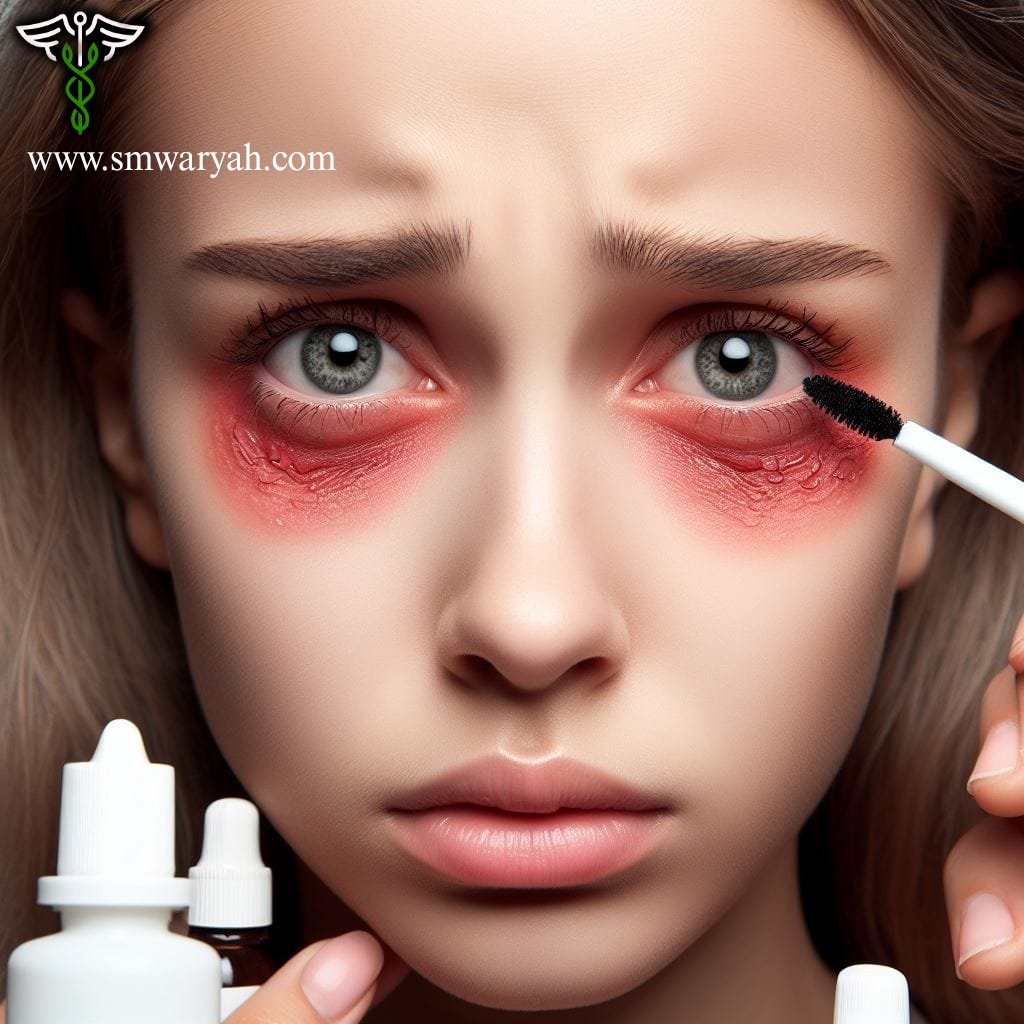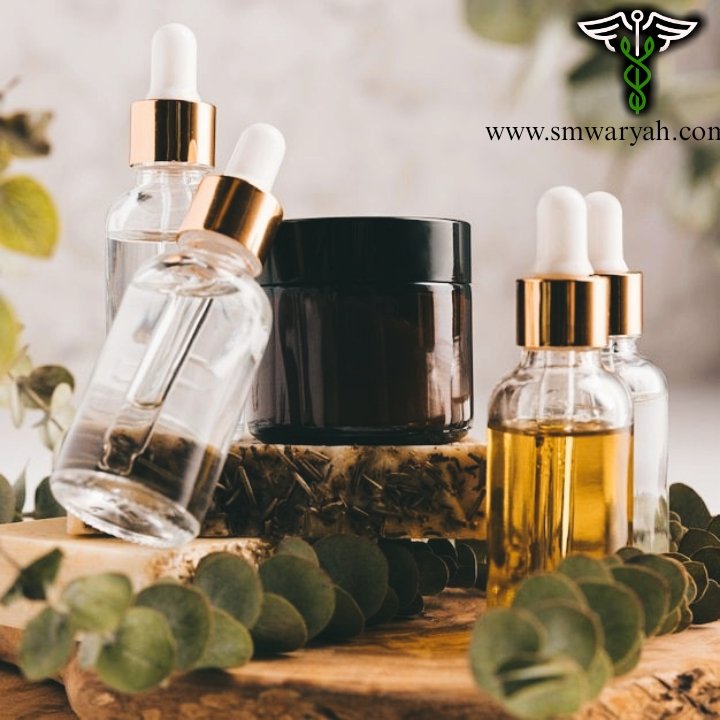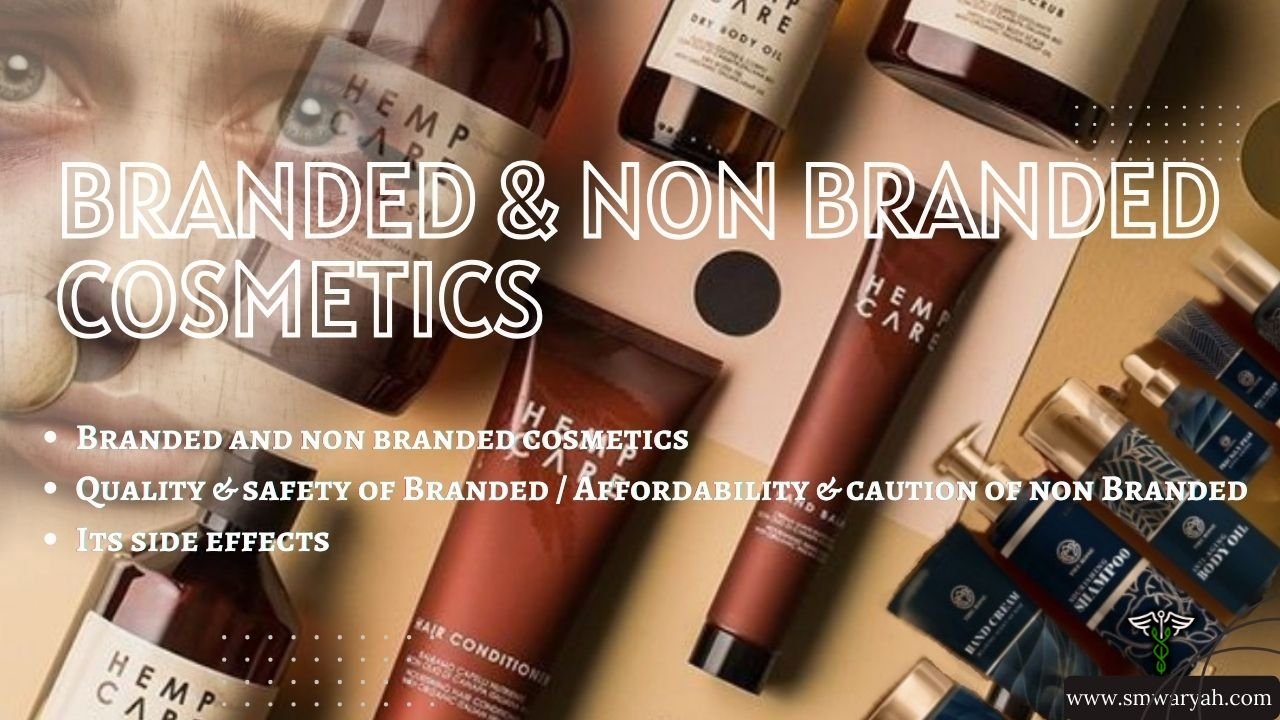Branded vs. Non-Branded Cosmetics: Understanding the Products and Their Side Effects
Cosmetics have long been a part of human culture, used to enhance beauty and boost self-confidence. The cosmetics industry has grown exponentially, offering consumers various choices. One of the key decisions consumers face is whether to opt for branded or non-branded cosmetics. In this comprehensive guide, we’ll delve into what branded and non-branded cosmetics are, explore their side effects, and highlight the key differences between these two categories.
Branded Cosmetics: A Mark of Quality and Safety
Well-established and reputable companies manufacture and market branded cosmetics. These companies have earned their reputation for delivering quality, safety, and innovation. Here’s a closer look at branded cosmetics and their benefits:
Quality Assurance:
One of the primary advantages of choosing branded cosmetics is quality assurance. Renowned cosmetic brands invest extensively in research, development, and testing to create products that meet high standards. This commitment to quality often results in cosmetics that perform exceptionally well.
Safety Standards:
Branded cosmetics undergo rigorous safety testing to ensure they are safe for use. These products are often formulated with high-quality ingredients and are less likely to contain harmful substances. This is crucial for individuals with sensitive skin or allergies, as the chances of adverse reactions are minimized.
Innovation and Technology:
Leading cosmetic brands are pioneers in innovation. They consistently introduce new and improved products, incorporating the latest advancements in skincare and makeup technology. This allows consumers to benefit from cutting-edge formulations that deliver better results.
Wide Range of Options:
Branded cosmetics offer an extensive range of products, catering to diverse needs and preferences. Whether you’re searching for a specific shade of lipstick, a foundation that perfectly matches your skin tone, or skincare products tailored to your skin type, reputable brands usually have a product that suits you.
Customer Support:
Established cosmetic brands often provide excellent customer support. This includes assistance with product selection, advice on application techniques, and addressing any concerns or queries. Such support can be invaluable, especially for those striving to achieve specific beauty goals.

Non-Branded Cosmetics: Affordability with Caution
Non-branded cosmetics, also known as generic or unbranded products, are typically more budget-friendly alternatives to their branded counterparts. Smaller, lesser-known companies frequently manufacture these products. While they offer affordability, they also come with certain risks:
Affordability:
Non-branded cosmetics are generally more economical than their branded counterparts. This makes them an attractive option for budget-conscious consumers who want to save money on their beauty routine.
Availability:
These products are widely available in various retail stores, online marketplaces, and local beauty shops. They can be an accessible choice for consumers seeking convenience and cost savings.
Mixed Quality:
The quality of non-branded cosmetics can vary significantly. While some may offer satisfactory performance, others may fall short in terms of texture, pigmentation, and longevity. It’s essential to research and read reviews when considering such products, as the level of quality assurance is not as consistent as with branded cosmetics.
Safety Concerns:
Non-branded cosmetics may not undergo the same level of rigorous safety testing as branded products. This raises concerns about the presence of harmful ingredients, allergens, or contaminants. Users with sensitive skin or allergies should exercise caution and scrutinize product labels.
Limited Innovation:
Smaller companies that produce non-branded cosmetics may not have the resources for extensive research and development. As a result, these products may lack the innovation and advanced formulations found in branded products. While some non-branded products may offer decent results, they might not keep up with the latest skincare and makeup advancements.
Inconsistent Results:
Due to variations in quality and formulation, non-branded cosmetics can yield inconsistent results. What works for one person may not work as effectively for another, making it a hit-or-miss experience. This unpredictability can be frustrating for those seeking consistent and reliable beauty products.

Understanding the side effects :
Both branded and non-branded cosmetics have the potential to cause side effects, although the severity and likelihood of these effects can differ. Here are some common side effects associated with cosmetics
- Skin Irritation:
Skin irritation is a frequent side effect of cosmetics. It can manifest as redness, itching, burning, or stinging. Non-branded cosmetics may pose a higher risk of skin irritation due to the variability in ingredient quality and formulation. However, even branded products may irritate you if they contain ingredients that don’t agree with your skin.
- Allergic Reactions:
Allergic reactions can occur when your skin is sensitive to certain cosmetic ingredients. These reactions may include hives, swelling, or more severe symptoms like anaphylaxis in rare cases. Branded cosmetics often label allergenic ingredients clearly, making it easier for consumers to avoid potential triggers. Non-branded products may not provide such detailed ingredient information.

- Acne and Breakouts:
Cosmetics, particularly those applied to the face, can clog pores and lead to acne breakouts. This is known as acne cosmetics. Non-comedogenic (non-pore-clogging) formulations are commonly found in branded cosmetics, reducing the risk of acne development. However, not all non-branded products may adhere to this standard.
- Premature Aging:
Certain cosmetics, especially those with inadequate sun protection, can contribute to premature aging of the skin. This encompasses the emergence of fine lines, wrinkles, and age spots on the skin. High-quality branded skincare products often incorporate sunscreens and anti-aging ingredients to combat these effects.
- Skin Sensitivity:
Prolonged use of cosmetics, especially those with harsh or irritating ingredients, can lead to increased skin sensitivity over time. This can make your skin more reactive to various environmental factors and skincare products.
- Skin discoloration:
In some cases, cosmetics may lead to skin discoloration, particularly if they contain ingredients like hydroquinone or retinoids. This can result in uneven skin tone or hyperpigmentation.
- Eye Irritation:
Eye cosmetics, such as mascara and eyeliner, can cause eye irritation if they come into contact with the eyes. This may result in redness, itching, or watering of the eyes.
Differences Between Branded and Non-Branded Cosmetics in Terms of Side Effects
While both branded and non-branded cosmetics can potentially cause side effects, there are notable differences in terms of risk and safety:

Branded Cosmetics :
Clearer Labeling: Branded cosmetics often provide detailed ingredient lists and allergen information, making it easier for consumers to identify potential irritants or allergens.
Safety Testing: These products typically undergo rigorous safety testing to minimize the risk of adverse reactions. Companies invest in dermatologist and ophthalmologist testing, among others.
Quality Control: Renowned cosmetic brands have established quality control measures to maintain product consistency and safety standards.
Non-Comedogenic Options: Many branded skincare and makeup products are available in non-comedogenic formulations, reducing the likelihood of pore-clogging and acne breakouts.

Non-Branded Cosmetics:
Limited Ingredient Information: Non-branded cosmetics may not provide detailed ingredient lists, making it harder for consumers to identify potential allergens or irritants.
Variable Quality Control: Quality control for non-branded cosmetics can be inconsistent due to smaller budgets and resources. As a result, the risk of adverse reactions may be higher.
Less Rigorous Testing: Non-branded products may not undergo the same level of safety testing as branded cosmetics, raising concerns about safety and efficacy.
Inconsistent Formulations: Variability in formulations can lead to unpredictable results, including side effects like skin irritation and allergies.
Making informed choices
Choosing between branded and non-branded cosmetics requires careful consideration of your individual needs and preferences. Consider the following guidelines for making well-informed decisions:
- Skin Type and Sensitivity:
Consider your skin type and sensitivity. If you have sensitive skin or allergies, branded cosmetics with a reputation for safety and dermatologist-tested formulations may be a safer choice.
- Occasional vs. Daily Use:
Non-branded cosmetics may be suitable for occasional use, such as experimenting with new colors or styles. However, for daily wear or long-term skincare, branded products may offer more reliable results and safety.
- Budget:
Budget considerations play a significant role in your choice. If you’re on a tight budget, non-branded cosmetics can help you save money. However, consider investing in key skincare products or items like foundation that have a direct impact on your overall look.
- Research and Reviews:
Before purchasing non-branded cosmetics, research the product and read reviews from other users. This can provide insights into its quality and safety.
- Mixing and matching:
Some individuals prefer to use a combination of branded and non-branded cosmetics. For example, they may opt for a high-end foundation but use non-branded eyeshadows. This allows for cost savings without compromising quality where it matters most.
Conclusion
The decision between branded and non-branded cosmetics is a personal one, influenced by your skincare needs, preferences, and budget. Many individuals prefer branded cosmetics due to the higher level of quality assurance, safety, and innovation they offer. On the other hand, non-branded cosmetics provide affordability and accessibility but come with varying levels of quality and safety.
Regardless of your choice, prioritize your skin’s health and safety. Conduct thorough research, read product labels, and, when in doubt, consult with a dermatologist or skincare professional to ensure that the cosmetics you choose are suitable for your unique needs. Ultimately, both branded and non-branded cosmetics have their place in the beauty industry, allowing consumers to express their individuality and enhance their natural beauty in a way that suits their lifestyle and budget.
Remember that beauty is not just about the products you use; it’s about feeling confident and comfortable in your skin. Whether you opt for luxury brands or budget-friendly alternatives, the most beautiful you is the one that reflects your authenticity and self-confidence.

